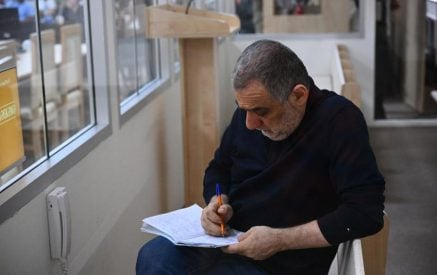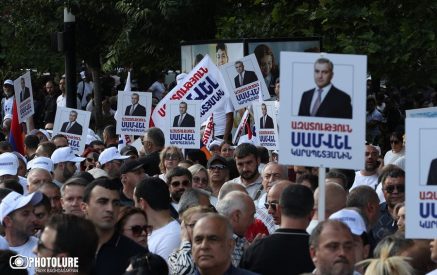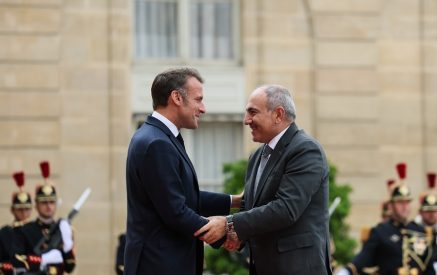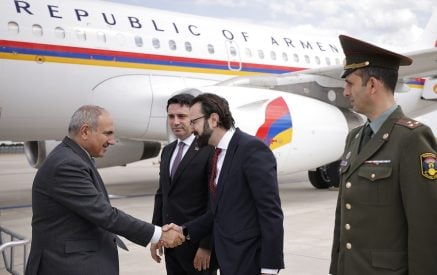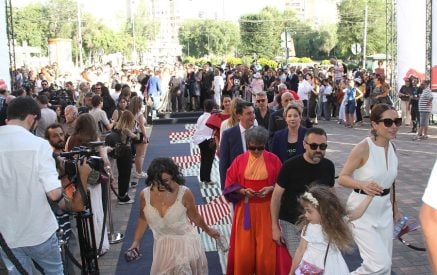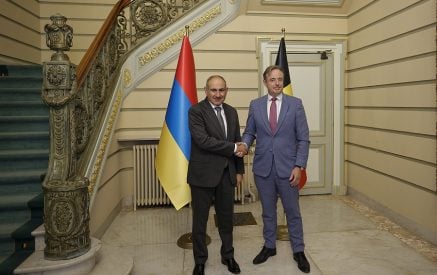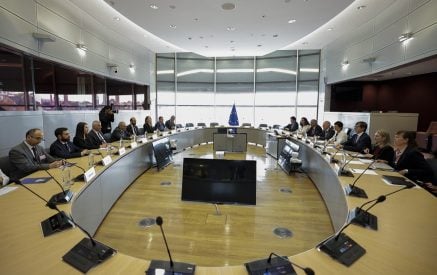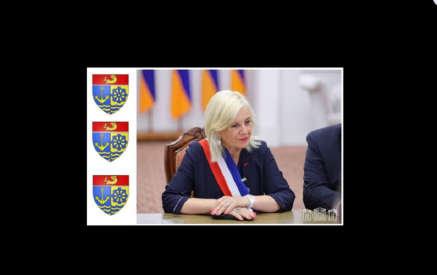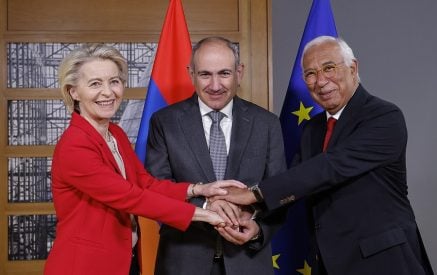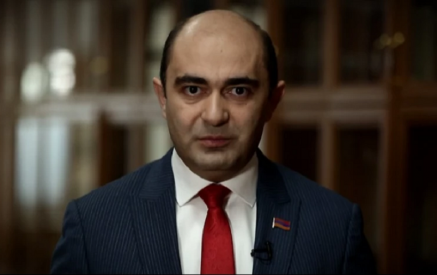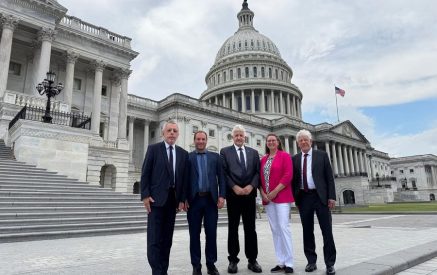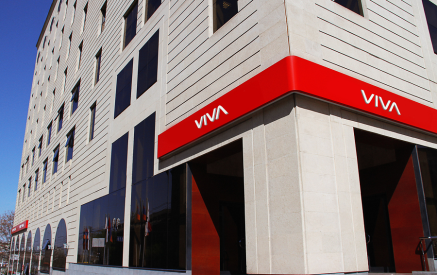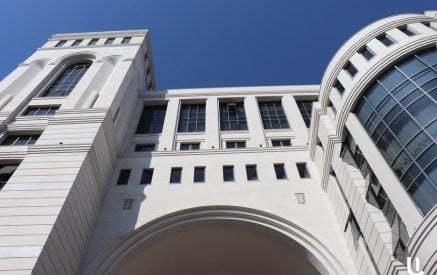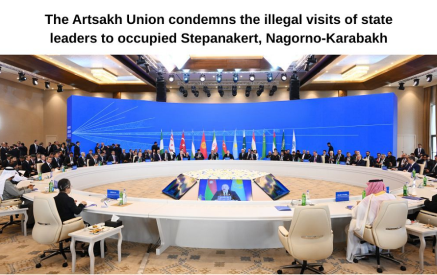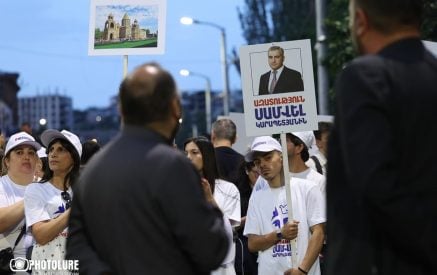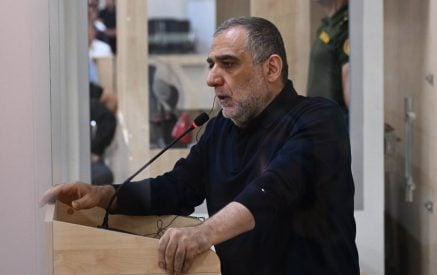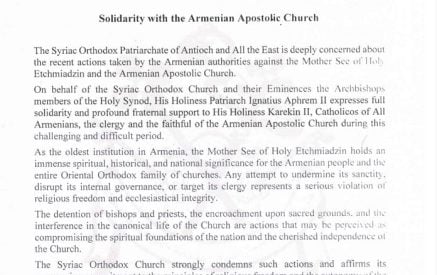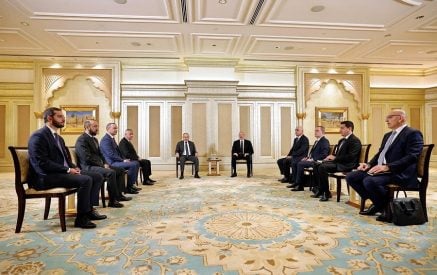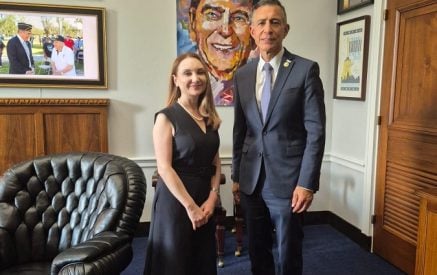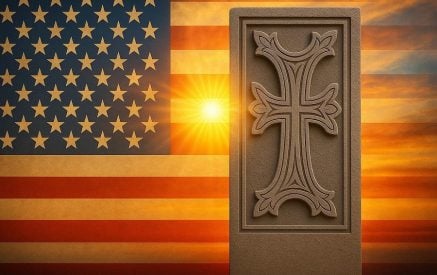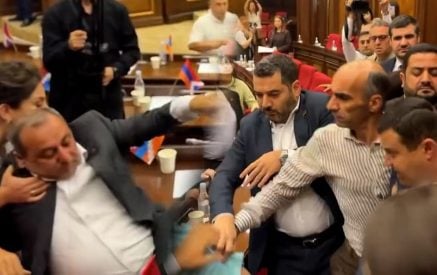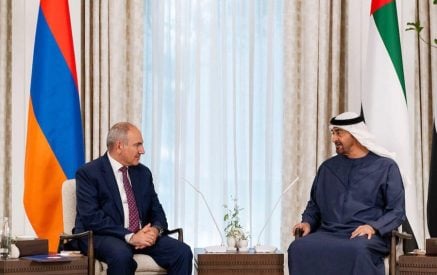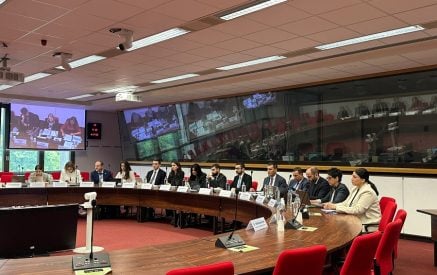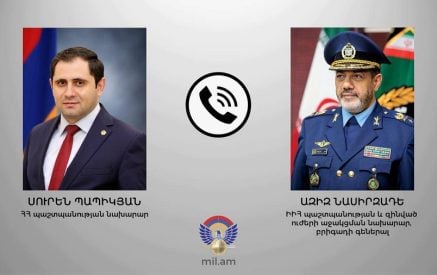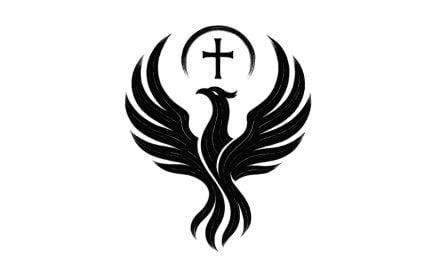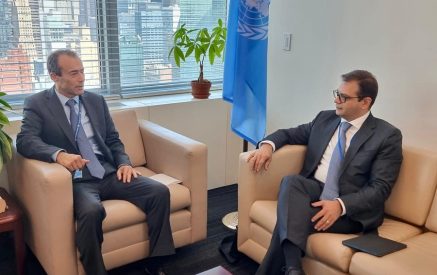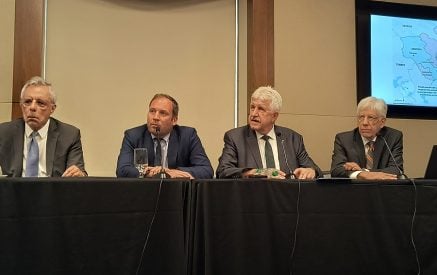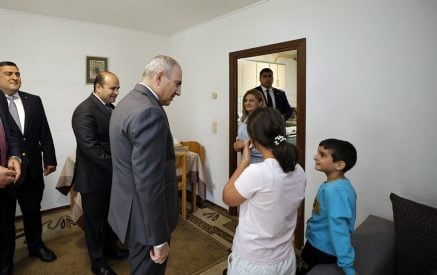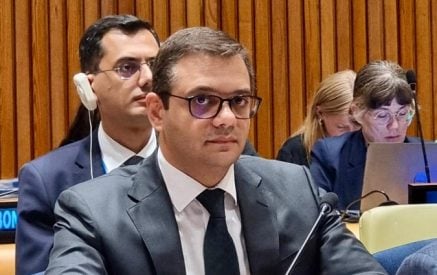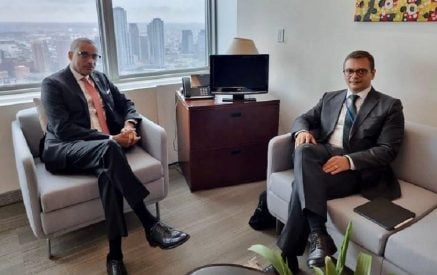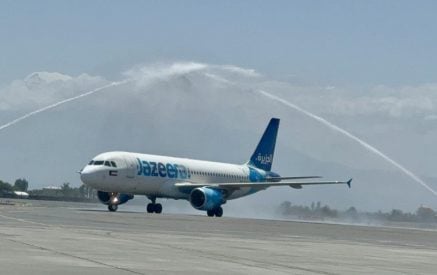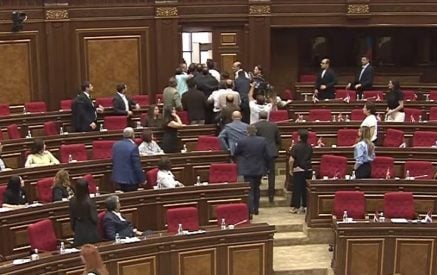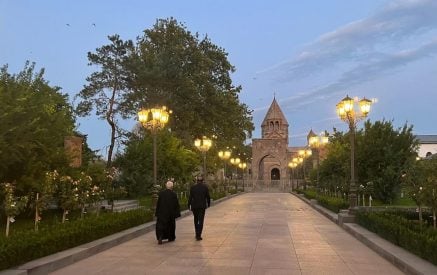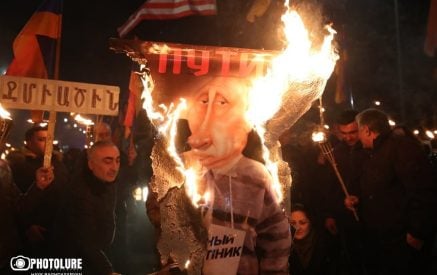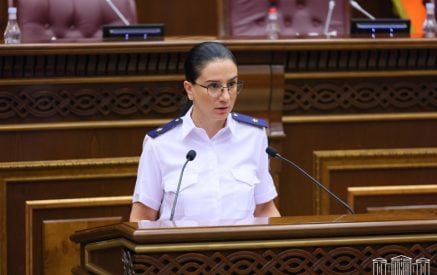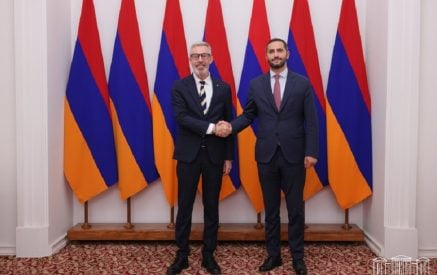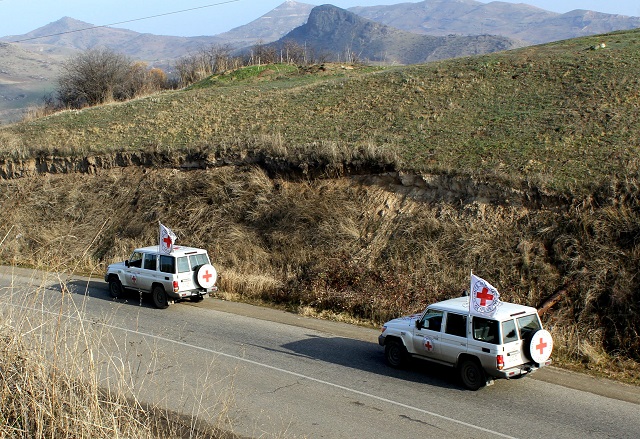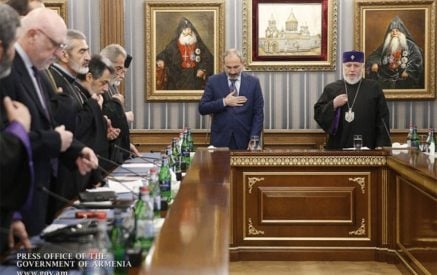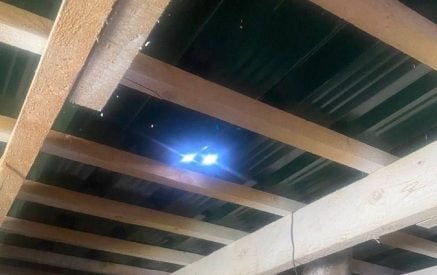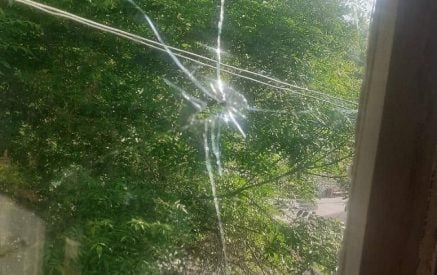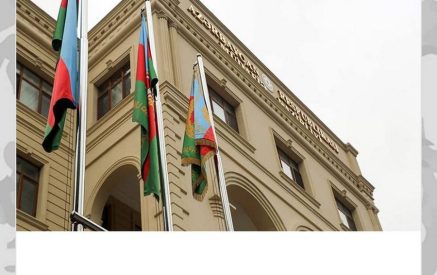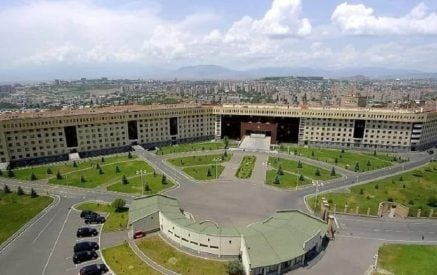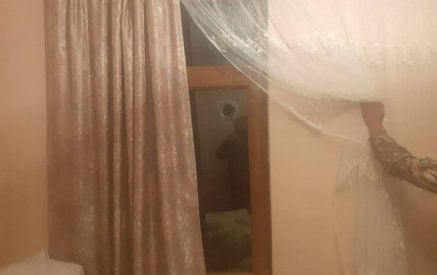Missing and Detained
| Over
8000 |
calls and 1000 individual visits were received from the families of the missing at the ICRC delegation in Armenia. |
| – | We visited those detained in relation to the conflict in Armenia and Azerbaijan and helped them restore or maintain family contacts by exchanging oral and written Red Cross messages between them and their families; whereabouts of some people unaccounted for were clarified. |
| – | The mortal remains of individuals who were killed during the recent violence have been and continue to be transferred to their respective authorities under ICRC auspices. |
| – | Technical advice and support has been provided by the ICRC to the different authorities in Armenia involved in dealing with the missing and detained persons and their families. |
| 3 | centers of forensic medicine in Armenia received material support for additional cold storage and post-mortem examinations including equipment and consumables. The DNA Lab in Yerevan received technical support to enhance analytical capabilities including computing hardware and software, and specialized reagents. |
Health Care
| 4 | ambulance bags equipped with dressing materials were delivered to the Ministry of Health in the first days of the conflict escalation. |
| 300 | sets of medical tunics with trousers and caps were provided to the Ministry of Health for distribution according to the needs. |
| 7 | hospitals and health facilities in Goris, Kapan, Sisian, Jermuk, Yeghegnadzor, Vardenis and Martuni towns were supported with medical equipment and consumables for treatment of the weapon wounded as well as materials for COVID-19 prevention & control. |
| 3 | medical centers in Ashtarak, Goris and Ijevan towns received 70 sets of hospital bedding sheets, 4 sets of external fixators and 12 new oxygen supply sockets for COVID-19 treatment, respectively. |
| 30 | hospital beds, furniture, washing and drying machines, medical coats, gowns and other materials were procured for Martuni hospital as assistance in setting up a new department for the weapon wounded. |
| 3 | volunteers recruited from among temporary displaced people from Nagorno-Karabakh were trained by an ICRC psychologist to conduct emergency response psychosocial activities for children and adolescents hosted in Goris town and neighboring communities. |
| 90 | children and adolescents, aged between 5-16, were involved in 21 sessions conducted by the volunteers. |
| 12 | persons affected by the conflict escalation attended ad hoc individual sessions run by the ICRC psychologist. |
Economic Assistance
Read also
| Over
21700 |
woollen blankets were distributed to civilians displaced to Yerevan, Syunik, Gegharkunik, Tavush, Armavir, Kotayk, Ararat and Vayots Dzor regions following the Nagorno-Karabakh conflict escalation. |
| About
4000 |
civilians displaced from Nagorno-Karabakh received hygiene items provided by the ICRC and the ARCS in Yerevan, Gegharkunik, Vayots Dzor, Tavush, Kotayk, Syunik and Ararat regions. |
| About
2250 |
civilians displaced from Nagorno-Karabakh received housing items, including, bed linens, mattresses, foldable beds, pillows and woollen blankets provided by the ICRC and the ARCS in Yerevan, Gegharkunik, Vayots Dzor, Tavush, Kotayk, Syunik and Ararat regions. |
| 343 | heaters were distributed in Jermuk, Sevan, Vardenis and Goris towns. |
Water and Habitat
| 4 | kindergartens in Ararat region gained access to improved heating systems and water in showers. |
| 1 | district in Jermuk town is better prepared for winter thanks to our provision of electric heaters, plastic film for windows and firewood. |
Weapon Contamination
| Over
3300 |
civilians returning to Nagorno-Karabakh were briefed about the risks of explosive remnants of war. Quick awareness-raising sessions conducted in the buses upon the point of departure, and flyers with key messages were handed to them. |
| 3000 | flyers with key messages on safe behavior in the areas contaminated with unexploded ordnance, such as rockets, mortars and cluster munitions, were printed for distribution. |
| 70 | teachers were trained in delivering risk awareness and safer behavior sessions in schools of Tavush region as part of the ARCS’s Risk Education project. The ICRC reinforces the capacity of the ARCS and provides technical input during the development of a teaching manual and awareness materials. |
Access to Education
| 360 | schoolchildren displaced to Armenia and living in temporary shelters or with hosting families in Syunik, Gegharkunik and Kotayk regions received touchscreen tablets from the ICRC and ARCS to be able to continue their education remotely. |
| 100 | schoolchildren relocated temporarily to Syunik and Ararat regions of Armenia received school supplies, including schools bags, notebooks, pens, pencils and thematic workbooks. |
| 5 | schools, 4 shelters, a local NGO and the Goris municipality of Syunik have undergone a rapid education needs assessment. |
Cooperation with the
Armenian Red Cross
| 4 | teams comprised of ARCS and ICRC members conducted needs assessment of people displaced to Armenia following the Nagorno-Karabakh conflict escalation. |
| About
1350 |
people accommodated in temporary shelters will benefit from first aid kits and equipment provided by the ARCS in partnership with the ICRC. They also attend first-aid training and psychosocial support sessions. |
| 4 | volunteers helped the ICRC to answer calls from the families whose loved ones went missing in the recent escalation. |
International Committee of the Red Cross




